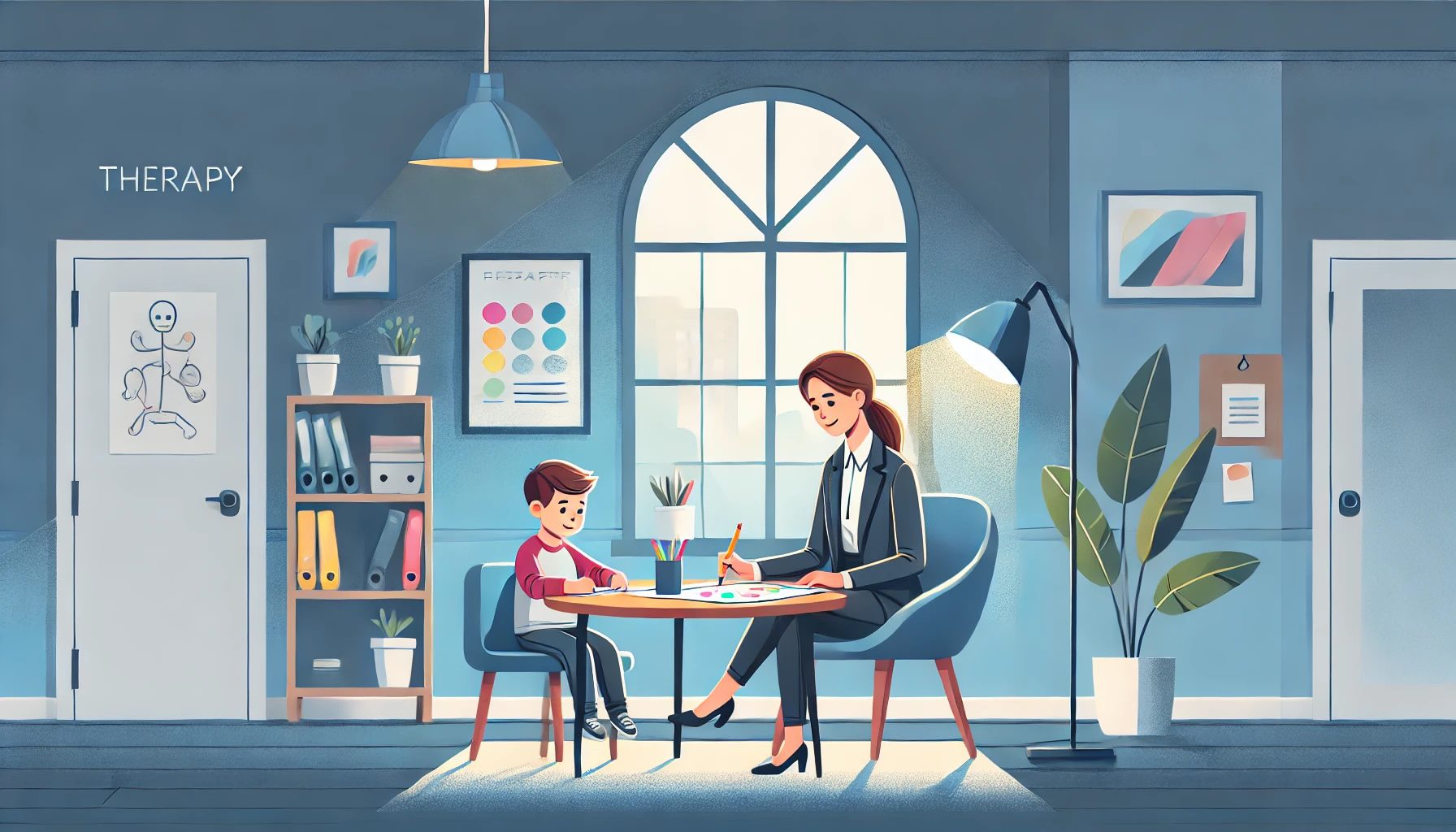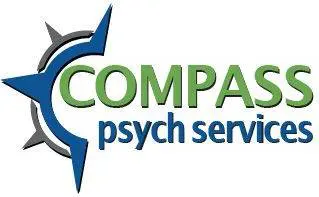Why Seek Individual Counseling?

People often seek individual counseling to address a range of emotional and psychological challenges, including:
- Feelings of sadness, anxiety, depression, or fear
- Difficulty coping with stressful relationship conflicts
- Recovering from an affair or an unhealthy relationship
- Struggling with self-defeating or self-destructive thoughts and behaviors
- Wanting to improve communication with significant others
- Experiencing guilt over past or present actions
- Grieving the loss of a relationship or loved one
- Adjusting to major life transitions such as separation, divorce, parenting challenges, or career changes
- Dealing with a loss of self-confidence and self-esteem
Additionally, many individuals seek counseling to manage various mental health conditions, including:
Mood Disorders
- Major Depressive Disorder (MDD) – Persistent feelings of sadness, hopelessness, and a loss of interest in activities
- Persistent Depressive Disorder (Dysthymia) – Chronic low-level depression lasting two years or more
- Bipolar Disorder – Episodes of extreme mood swings, including depressive and manic or hypomanic states
- Disruptive Mood Dysregulation Disorder (DMDD) – Severe and frequent temper outbursts in children and adolescents
Anxiety Disorders
- Generalized Anxiety Disorder (GAD) – Excessive, persistent worry about various aspects of life
- Panic Disorder – Sudden and repeated panic attacks involving intense fear and physical symptoms
- Social Anxiety Disorder – Intense fear of social situations and interactions
- Specific Phobias – Extreme fear of particular objects, situations, or activities
- Separation Anxiety Disorder – Fear of being away from loved ones, often seen in children but also affecting adults
Trauma-Related Disorders
- Post-Traumatic Stress Disorder (PTSD) – Persistent distress following exposure to a traumatic event, including flashbacks, nightmares, and emotional numbness
- Acute Stress Disorder (ASD) – Short-term distress responses following trauma, potentially developing into PTSD
- Adjustment Disorders – Emotional or behavioral difficulties in response to a significant life change or stressor
Obsessive-Compulsive Disorders (OCD)
- Obsessive-Compulsive Disorder (OCD) – Repetitive, intrusive thoughts (obsessions) and behaviors (compulsions) performed to reduce anxiety
- Body Dysmorphic Disorder (BDD) – Preoccupation with perceived flaws in appearance
- Hoarding Disorder – Persistent difficulty discarding possessions, leading to clutter and distress
Eating Disorders
- Anorexia Nervosa – Extreme food restriction, fear of weight gain, and distorted body image
- Bulimia Nervosa – Cycles of binge eating followed by purging, excessive exercise, or fasting
- Binge Eating Disorder (BED) – Frequent episodes of eating large amounts of food, often leading to distress and guilt
- Avoidant/Restrictive Food Intake Disorder (ARFID) – Avoidance of certain foods due to sensory issues, fear of choking, or other concerns
The Counseling Process
From your very first session, we will work together to explore your concerns and develop a personalized counseling plan that aligns with your goals. Counseling is a dynamic and interactive process, incorporating:
- Active listening and open dialogue
- Thought-provoking questions and reflective exercises
- Assignments between sessions to reinforce insights and new skills
- Therapeutic Assessment as a natural part of the process, helping you better understand your thoughts, behaviors, and underlying patterns
- Techniques tailored to support emotional regulation, cognitive restructuring, and behavioral change
Through counseling, you will build coping strategies, process emotions in healthier ways, and develop the skills necessary to navigate future challenges with confidence.
If you have any questions about the counseling process or how we can support you, please don’t hesitate to reach out to Compass Psych Service via email or phone. We look forward to working with you.
